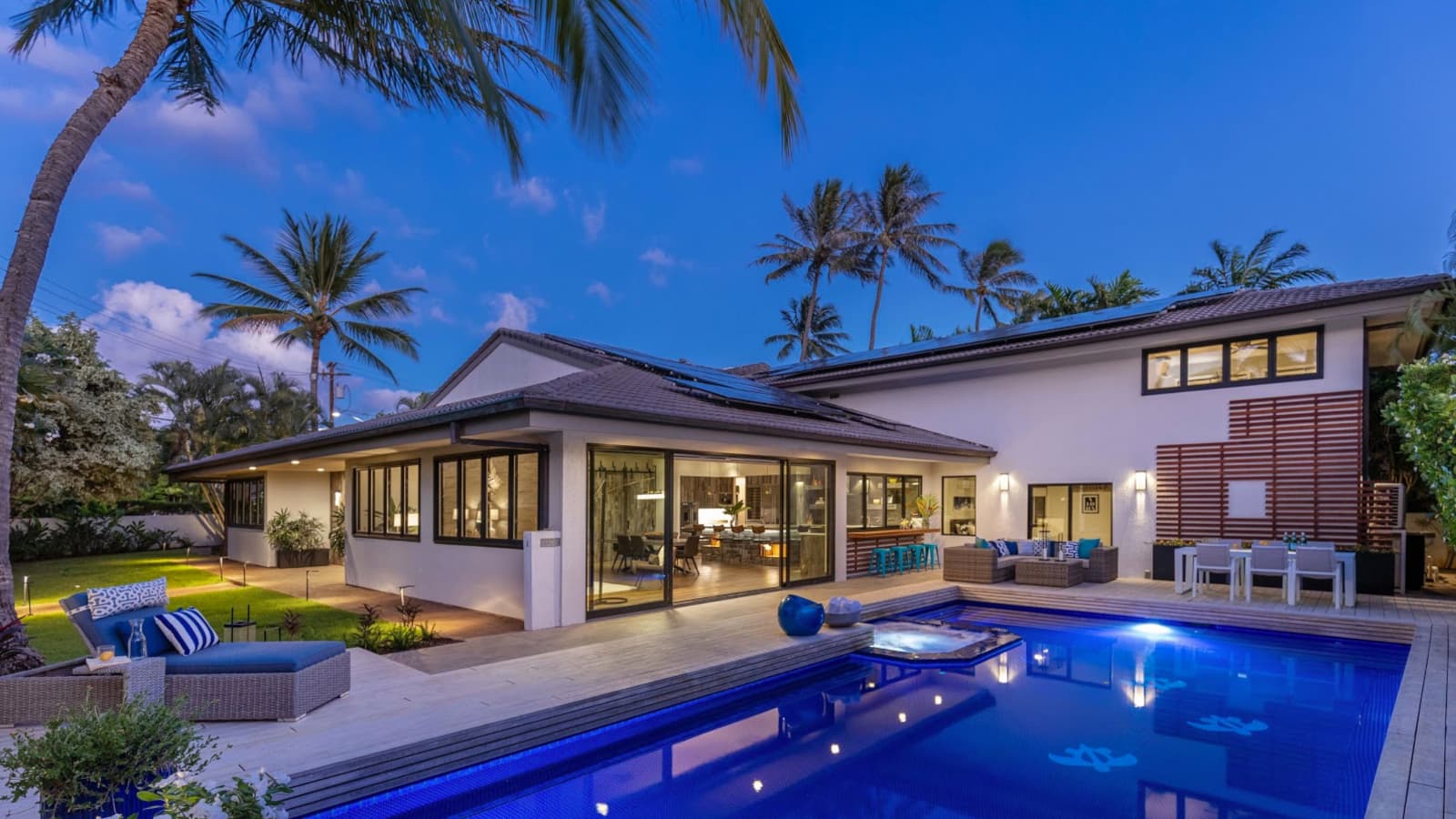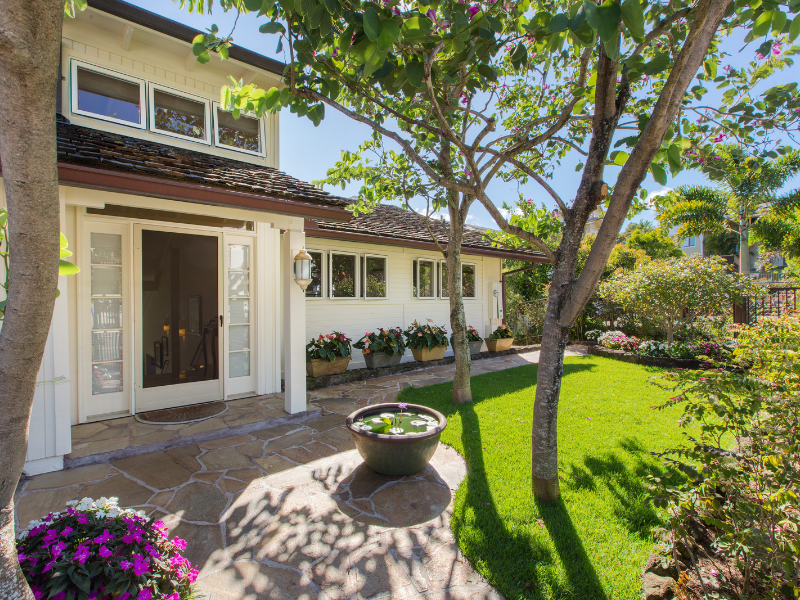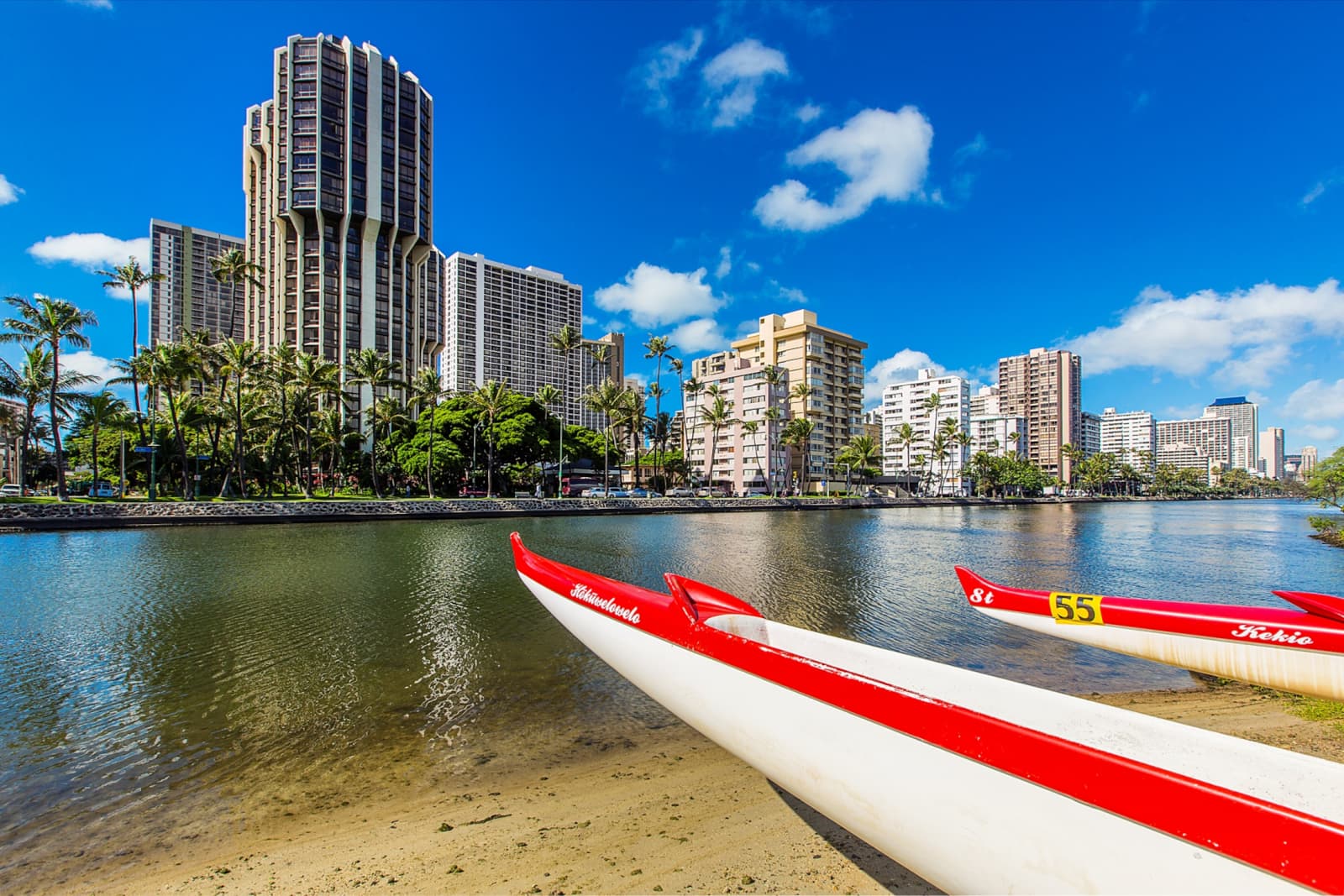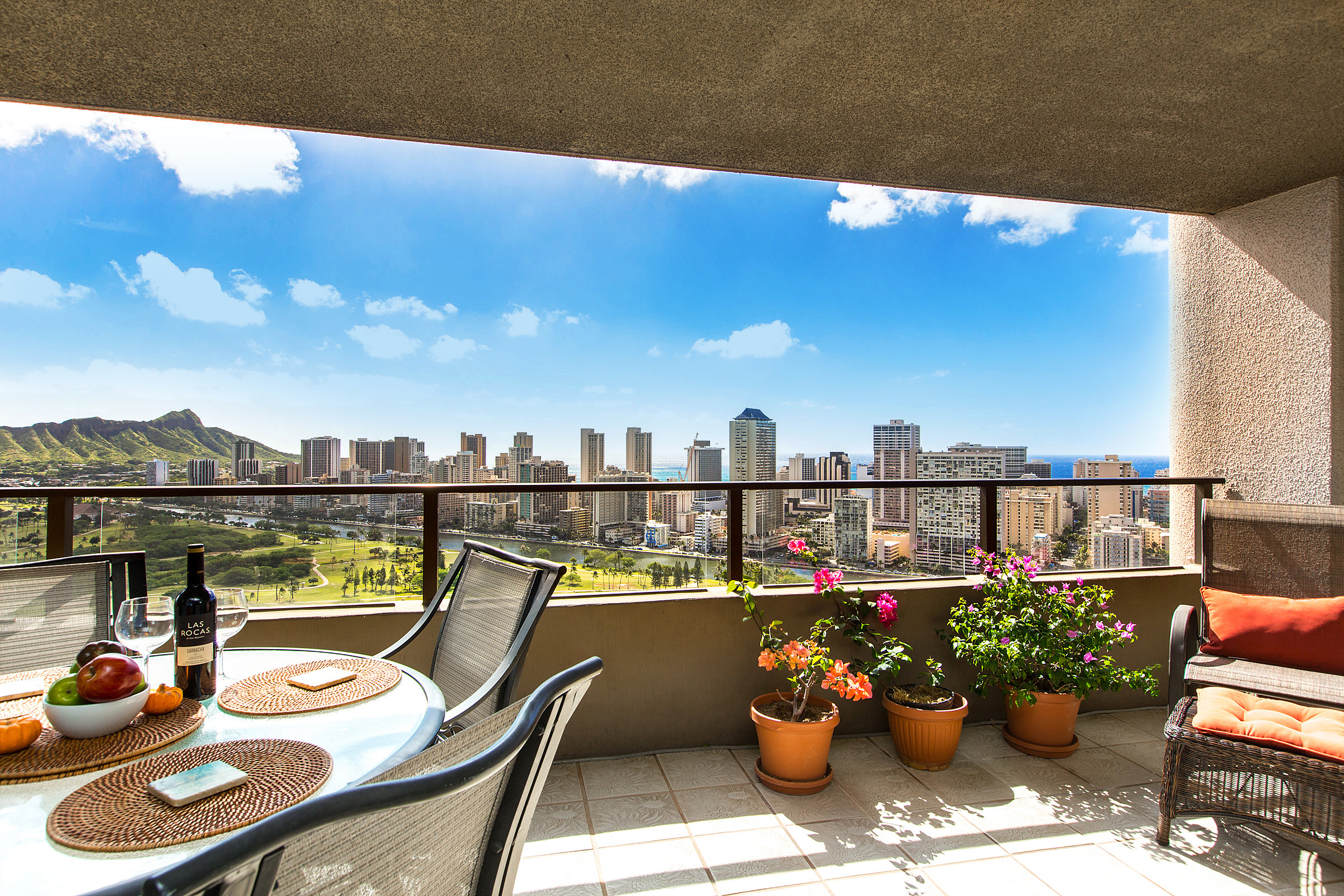
By Scott Startsman
The thought of a vacation investment property that can be rented out is pretty appealing. When you can have that property in Oahu, Hawaii – even better! But are there hidden downsides?
Investing in real estate is generally a great investment, as property values tend to increase over time regardless of the market. Even properties that dropped in value in 2007 – 2012 eventually came back with a bang.
But owning a vacation property on Oahu is not all rainbows and sunshine. There are rules that differ from mainland investment properties. While holding real estate can be a great investment, it isn’t one that turns over a massive profit immediately. Every situation is different, and there are some downsides to owning vacation property on Oahu – so make sure you’re prepared.
Let’s first start with the purchase.
Higher Down Payment
When buying a vacation property that is not your primary residence, you’ll typically need a higher down payment. A second home mortgage can require a 20-30% down payment and a higher credit score than might be needed for a primary home purchase. This is because lenders want to protect themselves and the asset as you take on higher debt to income ratios.
Taxes and fees may be higher
If you own an investment property on Oahu, you’ll often end up paying more in taxes and fees – even with business-related deductions. This is especially applicable when you’re paying another entity to manage the property. Unless the home is rented out for less than 14 days each year, the rental income is taxed according to State, and County laws.
If you’re purchasing this as a vacation rental property you’ll probably want to rent it out for more than that. You’ll also need to pay federal taxes on additional income. Other taxes may include state and local taxes as well as property taxes.
Maintaining the Property
Added expenses and upkeep

If you don’t live in Hawaii, you’ll probably need to hire a management company to handle all of the details and maintenance of the investment property. There could be a lot of upkeep involved with owning a vacation rental, especially in areas with dense foliage. Some neighborhoods will maintain the landscaping, while for others you might need a gardener or a handyman on call.
It’s also important to consider unexpected expenses such as repairs or replacements of appliances or home maintenance. Will you be paying the utilities, or will you be passing that on to the renter? A good rule of thumb is setting aside about 1% of the home’s purchase price for unexpected repairs and maintenance.
Related: Hawaii’s Guide to the Cost of Living
Oahu Rules on Vacation Property
In June 2019, Honolulu Mayor Kirk Caldwell signed a bill enforcing some of the strictest vacation rental laws that Hawaii has seen in 40 years. This law limits bed-and-breakfast rentals where the owner lives on-site to only 1715 properties in Honolulu. At the time, there were between 8000 and 10,000 vacation rentals on Oahu but only 770 of them were actually legal, licensed short-term rentals. Rentals in resort areas such as Waikiki, Turtle Bay, and Ko Olina are exempt from these laws.

The law came about due to resident complaints about “un-hosted transient vacation units particularly when a significant number of transient vacation units are located in the same neighborhood” [Travel & Leisure] The bill was designed not to punish travelers, but owners who advertise illegal rentals.
Under this bill, short-term vacation rentals are now defined as dwelling units with no more than five bedrooms for rent, rented for 30 consecutive days or less, where the owner does not live on site. New short-term vacation rentals are not allowed in single-family residential and agricultural zones. These are only allowed in hotel, resort, commercial, and multifamily commercial zones.
Any vacation property must have a certificate of registration from the Hawaii Department of Taxation. After registering and obtaining this tax ID, property owners must pay a Transient Accommodations Tax of 10.25% for stays of less than 180 days. Property owners also must pay the General Excise Tax, which is assessed on all business activities including short-term rentals. This is approximately 4.712%.

As of July 1, 2021, Honolulu City and County has a new property tax class: the bed-and-breakfast home or Class J. Defined as rentals of less than 30 days where the homeowner or another operator is present during the stay, they are taxed 0.65% of the assessed property value. Transient vacation rentals are technically un-hosted or where the tenant reserves the entire home or whole home less than 30 days at a time and the owner is not present. These are taxed at the hotel and resort class at 1.39%.
The city of Honolulu started issuing licenses to legal bed and breakfasts and now it is necessary for all bed-and-breakfast owners to display their permit number in all online advertising including social media.
Related: Buying a Luxury Home Vs. A Luxury Condo
Building and housing codes
On the island of Oahu, building and housing codes can vary depending on whether the property is seeing residential or nonresidential use. Additionally, each subdivision may have its own HOA rules that could regulate a bed-and-breakfast listing. Currently, rentals in resort areas such as Waikiki, Turtle Bay, and Ko Olina have the laxest laws regarding vacation rentals.
Purchasing a property that already falls into this allowable category is typically the best option. The property has already jumped through the necessary hoops and can transfer quite easily. The key is finding those properties that require the least amount of fuss.
Have we confused you yet? It seems like a lot of taxes and sticky rules but by trusting your vacation property purchase to an experienced Oahu real estate agent, you can easily navigate this investment world and find the perfect vacation investment property for your needs and long-term financial goals.
It’s important to understand all the details behind the sometimes confusing world of real estate investments, especially in Hawaii. With a little guidance from knowledgeable staff, we can help you find the perfect vacation home on Oahu. Are you ready? Reach out and contact me, Scott Startsman, at (808) 291-5411 or email me at scott@hiestates.com! I have years of experience, and I’d love to help you find an investment opportunity that will help your assets grow!
Disclaimer: This information is provided as general information only and is not to be used in legal, commercial, economic or tax decisions. You should consult a qualified adviser prior to making any decision. We do not provide any form of legal or tax advice.




 Facebook
Facebook
 X
X
 Pinterest
Pinterest
 Copy Link
Copy Link

